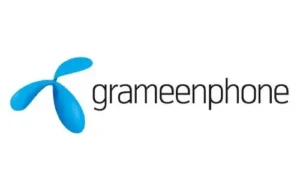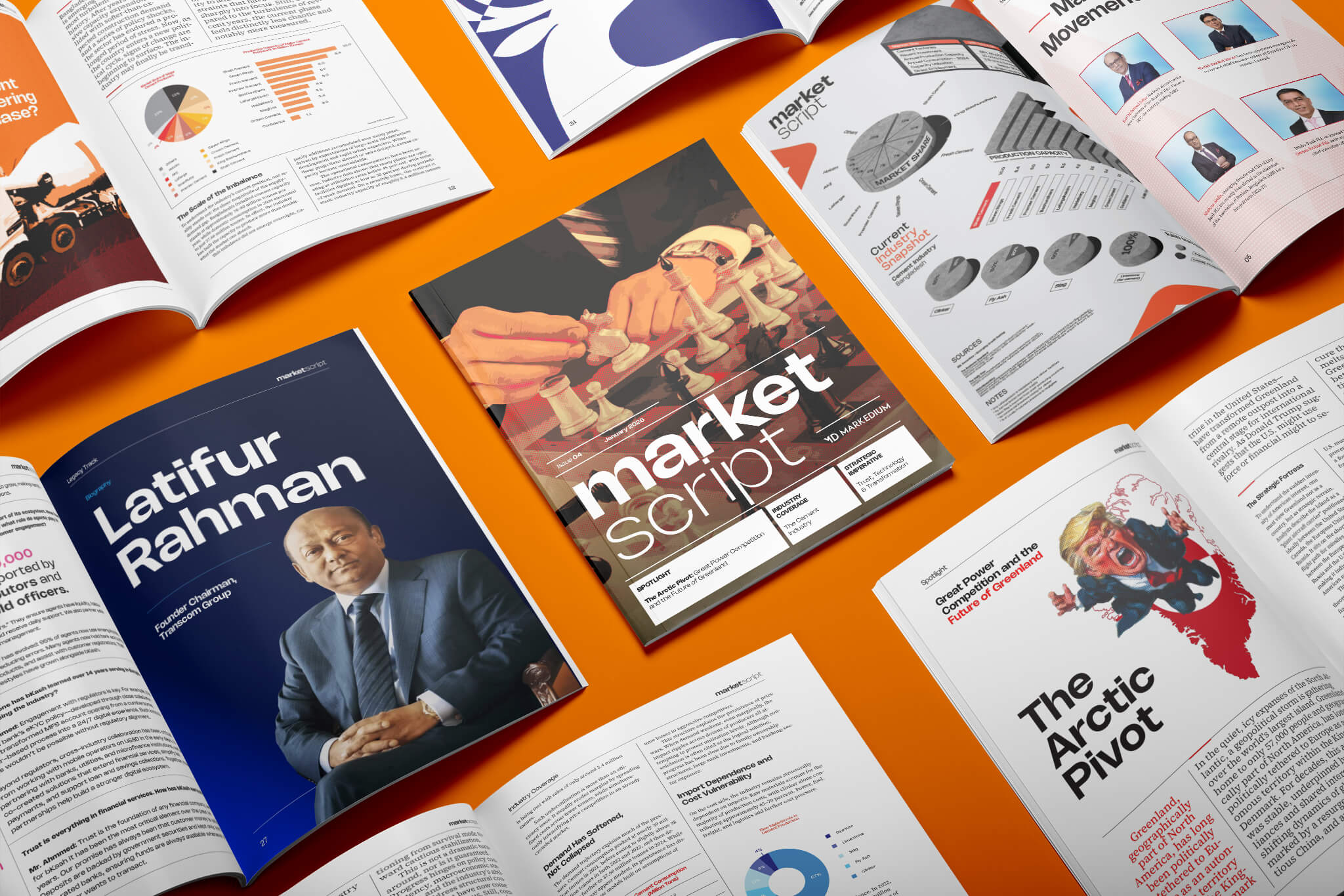Generative Pre-trained Transformers (GPT) have revolutionized the field of artificial intelligence by demonstrating unprecedented capabilities in natural language understanding and generation. Since the introduction of GPT-3 by OpenAI, these models have been at the forefront of AI research and application, sparking interest across various sectors. The ability of GPT models to perform a wide range of tasks, from writing and summarization to coding and artistic creation, showcases their versatility and potential. As we look to the future, the evolution of GPT technology promises even greater advancements, with implications for nearly every aspect of society and industry. This analysis explores the trajectory of GPT development, focusing on technological advancements, expanding applications, ethical considerations, and potential challenges that lie ahead.
Technological Advancements
The future of GPT is poised for substantial technological advancements. Key areas of focus include improving AI efficiency, enhancing model architectures, and refining training methodologies. Future GPT models are expected to leverage more sophisticated neural network architectures that can process information more effectively, enabling them to understand context and generate responses with even greater accuracy. Innovations in training methodologies, such as few-shot and zero-shot learning, will further enhance the models’ ability to learn from limited data, making them more versatile and powerful.
Another significant area of advancement is the reduction of computational and environmental costs associated with training large-scale models. Emerging techniques in model pruning, quantization, and knowledge distillation are anticipated to make GPT models more accessible by reducing the hardware requirements needed to train and deploy these AI systems. Additionally, the integration of multimodal capabilities, enabling GPT to understand and generate not just text but also images, audio, and video, will open new avenues for application and research.
With these technological advancements, GPT models are set to become even more integral to the fabric of digital innovation, powering applications that were previously unimaginable. The next section will delve into the expanding applications and use cases of GPT technology across various industries and aspects of daily life.
Applications and Use Cases
As GPT technology advances, its applications in marketing and advertising are expanding, offering innovative ways to engage audiences, personalize content, and streamline creative processes. Here’s how GPT is set to transform these industries:
Content Creation and Personalization
GPT models are revolutionizing content creation, enabling marketers to generate highly engaging, creative, and personalized content at scale. From crafting compelling ad copy to creating tailored blog posts, emails, and social media content, GPT can significantly reduce the time and effort involved in content production. Personalization, a key trend in marketing, can be taken to new heights with GPT’s ability to analyze customer data and preferences, producing content that resonates with individual users, thereby enhancing customer engagement and loyalty.
Customer Interaction and Engagement
GPT’s natural language processing capabilities are enhancing customer interaction through chatbots and virtual assistants. These AI-driven tools can provide instant, 24/7 customer service, answer queries, and offer personalized shopping advice, greatly improving the customer experience. Advanced GPT models can understand and mimic human emotions, leading to more natural and satisfying interactions that can help in building stronger customer relationships and increasing brand loyalty.
Advertising Creativity and Efficiency
In advertising, GPT is enabling the creation of more innovative and effective campaigns. By analyzing vast amounts of data on consumer behavior and market trends, GPT can generate creative ideas and suggest strategies that are most likely to resonate with target audiences. This not only enhances the creativity of campaigns but also improves efficiency by automating the brainstorming and ideation processes, allowing teams to focus on strategy and execution.
Market Analysis and Strategy Formulation
GPT’s ability to process and analyze large datasets can provide valuable insights into market trends, consumer behavior, and competitive landscapes. Marketers can leverage these insights to formulate more informed strategies, optimize campaign performance, and make data-driven decisions. This analytical capability of GPT can significantly enhance market research, segmentation, and targeting, leading to more effective and successful marketing campaigns.
Ethical Considerations and Brand Safety
As GPT applications in marketing and advertising grow, ethical considerations and brand safety become paramount. Ensuring that generated content aligns with brand values and societal norms is crucial. Future advancements in GPT technology will likely include more robust mechanisms for monitoring and guiding AI-generated content to prevent potential missteps in ethics and brand representation.
The integration of GPT into marketing and advertising heralds a new era of creativity, efficiency, and personalization. As these technologies continue to evolve, they will undoubtedly unlock new possibilities for engaging with customers and driving business growth.
Ethical and Societal Implications
The integration of GPT technology in marketing and advertising brings to the forefront several ethical and societal implications that require careful consideration. As these models become more embedded in creating and disseminating content, their impact on society, consumer behavior, and ethical marketing practices must be scrutinized.
Data Privacy and Consent
One of the most pressing ethical concerns is the use of consumer data to train GPT models for personalized marketing. The collection, storage, and analysis of personal information raise significant privacy issues, necessitating stringent data protection measures and transparent consent mechanisms. Marketers must ensure compliance with global data protection regulations, such as GDPR in Europe, and foster a culture of respect for consumer privacy.
Misinformation and Manipulation
The capability of GPT to generate persuasive and highly personalized content also poses risks of misinformation and manipulation. There is a fine line between personalized marketing and manipulative tactics that exploit consumer vulnerabilities or disseminate false information. Marketers and advertisers must establish ethical guidelines to prevent the misuse of GPT technology in creating misleading content that could erode trust in brands and destabilize markets.
Job Displacement and Skill Shift
The automation of content creation and customer service tasks by GPT models may lead to job displacement within the marketing and advertising sectors. While it opens opportunities for more strategic and creative roles, it also requires a shift in skills and training for professionals. The industry must address these changes proactively, offering retraining and upskilling programs to ensure that the workforce adapts to the evolving landscape.
Brand Authenticity and Human Connection
As AI-generated content becomes more prevalent, maintaining brand authenticity and a genuine human connection with consumers becomes challenging. Brands must balance the efficiency and scalability offered by GPT with the need for authentic, human-centric marketing strategies that resonate on a personal level. This involves setting boundaries on the use of AI for content creation and ensuring that it complements rather than replaces human creativity and empathy.
Regulatory and Ethical Frameworks
The development of regulatory and ethical frameworks specific to the use of GPT in marketing and advertising is crucial. These frameworks should guide the responsible use of AI, ensuring that it serves the interests of consumers and society at large. Industry-wide standards and self-regulatory initiatives can play a significant role in establishing best practices and fostering trust in AI-driven marketing techniques.
Challenges and Limitations
Despite the promising applications of GPT technology in marketing and advertising, there are several challenges and limitations that need to be addressed to fully realize its potential:
Accuracy and Relevance of AI-Generated Content
One of the primary challenges is ensuring the accuracy and relevance of content generated by GPT models. While these models are capable of producing content at scale, there’s a risk of generating information that is not entirely accurate or contextually appropriate for specific audiences or situations. Marketers need to implement robust review processes to validate and refine AI-generated content, ensuring it meets quality standards and is aligned with campaign objectives.
Integration with Creative Strategy
Integrating GPT technology into the creative strategy of marketing campaigns poses a challenge. While AI can assist in generating content, the creative direction and emotional resonance of a campaign often require a human touch. Finding the right balance between leveraging AI for efficiency and maintaining the creative integrity of marketing efforts is a key challenge for advertisers and marketers.
Consumer Perception and Trust
Consumer perception of AI-generated content is another significant challenge. There’s a growing concern among consumers about the authenticity and trustworthiness of content that is not explicitly created by humans. Marketers must be transparent about the use of GPT technology in their content creation processes and work to build trust by ensuring that AI-enhanced content adheres to ethical standards and reflects the brand’s values.
Technological Barriers and Resource Constraints
Adopting GPT technology requires significant technological infrastructure and expertise. Small and medium-sized enterprises (SMEs) may face barriers in terms of resources and capabilities needed to implement and manage AI-driven marketing strategies effectively. Overcoming these technological and resource constraints is essential for broader adoption and utilization of GPT in the marketing and advertising sectors.
Regulatory Compliance and Ethical Advertising
Navigating the regulatory landscape and ensuring ethical advertising practices when using GPT technology is a complex challenge. Marketers must stay abreast of evolving regulations related to AI, data privacy, and advertising standards to ensure compliance. Developing ethical guidelines for the use of GPT in marketing and advertising campaigns is crucial to prevent misuse and protect consumer interests.
Future Outlook
The integration of Generative Pre-trained Transformers (GPT) into the marketing and advertising industry heralds a transformative shift, offering remarkable opportunities for innovation, efficiency, and personalization. As we’ve explored, the advancements in GPT technology are poised to revolutionize content creation, customer engagement, and strategic analysis, enabling marketers to craft more compelling narratives and connect with audiences in unprecedented ways.
However, this journey is not without its challenges. The ethical considerations surrounding data privacy, misinformation, and consumer trust, along with the technical and resource-related hurdles, underscore the need for a balanced and thoughtful approach to adopting GPT technology. Marketers must navigate these challenges with a commitment to ethical practices, transparency, and a focus on maintaining the human element that is so crucial to authentic brand-consumer relationships.
Looking ahead, the future of GPT in marketing and advertising is bright but contingent on the industry’s ability to evolve alongside the technology. This involves not only leveraging GPT for its powerful capabilities but also addressing the ethical and societal implications of its use. As GPT models become more advanced, their potential to enhance creative strategies, drive personalized marketing, and create more meaningful customer interactions will grow. However, the success of these endeavors will largely depend on the industry’s commitment to responsible use, regulatory compliance, and ongoing dialogue with consumers and stakeholders.
In conclusion, the future of marketing and advertising with GPT is a landscape brimming with potential, marked by the promise of innovation and the imperative of ethical responsibility. By embracing the opportunities while conscientiously addressing the challenges, marketers can navigate this evolving terrain to forge deeper connections with audiences and achieve new heights of creative and strategic excellence.
For more updates, be with Markedium.










































Leave a comment